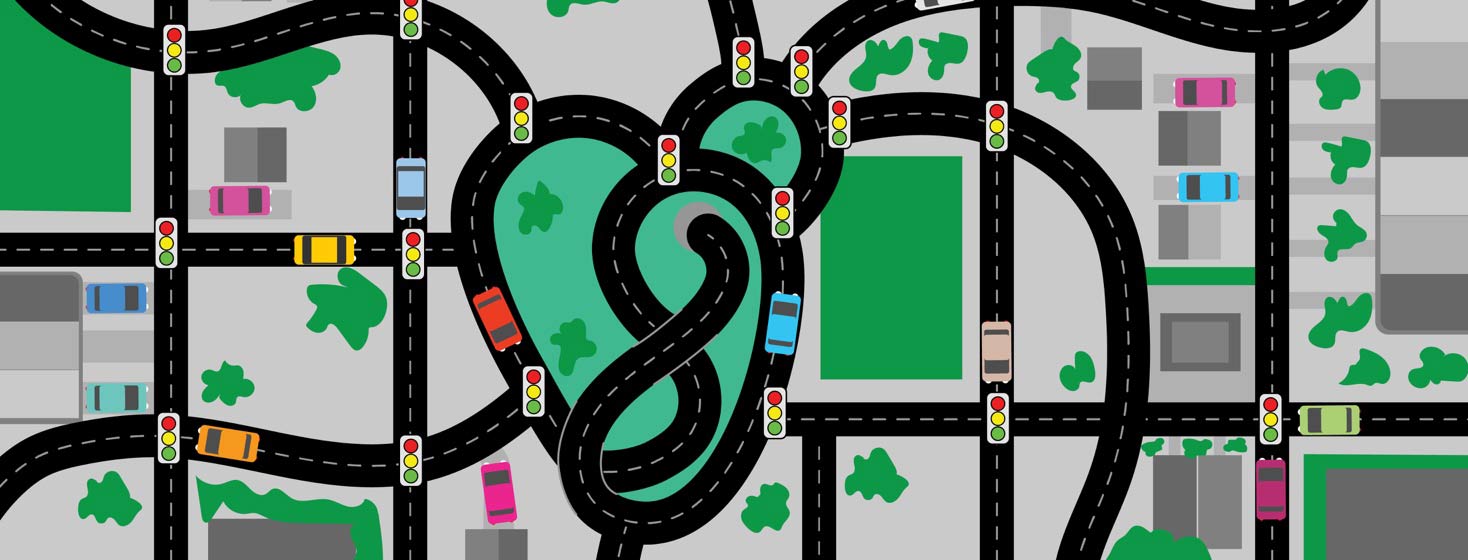Family History of Brugada Syndrome: The Beginning of My Story
“Strive to see with the inner eye, the heart. It sees the reality not subject to emotional or personal error; it sees the essence.” – Muata Ashby, The Egyptian Book of the Dead: The Book of Coming Forth by Day
The phone call – 2010
I remember it clearly: I was standing by a fence overlooking the East River, my flip phone to my ear, while my mom explained that dad had collapsed and was rushed to the hospital. I was a grad student in New York at the time. My parents were near Boston, so I wasn’t close enough to run over and see how he was doing.
As I took all the info in, the fainting episode, his irregular heartbeat, the hospital tests, I gazed down at the highway by the river. Sounds of honking and engines were muffled by the sea breeze. I had observed New York as a place where chaos was cloaked in order, held together by a strong heartbeat that kept pace at all times. From the information that my mom was giving me, it sounded like my dad’s heart hadn’t kept its own pace.
Explaining Brugada Syndrome
It took a few doctors’ appointments post-hospitalization, but my dad got the diagnosis of Brugada Syndrome. We had never heard of it but found out that it was a rare disease that caused abnormal electrical activity in the heart that can lead to fainting spells or sudden cardiac death in otherwise healthy people.
My dad said he’d had blackouts since he was young, but in the year leading up to the diagnosis he frequently felt lightheaded, like everything had “gone grey.” The grey haze made it hard for him to mentally focus, and it would come and go. It was at its worst right before he collapsed on the night he was taken to the hospital.
Abnormal electrical activity
I was told that there was nothing structurally wrong with his heart, though research has actually found this may not be true.2 It was an electrical issue, which meant something could go haywire in the heart's electrical signals with certain triggers like fever, overexertion, or perhaps even a bad hair day, which is to say an episode could come out randomly.
The way the doctors could identify that it was caused by Brugada was through an electrocardiogram (ECG or EKG) that showed a distinctive pattern. When I thought about abnormal electrical activity in the heart, I pictured red lights turning into green lights at every intersection in NYC, with crashes left and right until all traffic came to a full stop.
The solution for my dad was to get an Implantable Cardioverter Defibrillator (ICD). It would be like the traffic cop if anything went wrong by evening out any irregular heartbeats, and defibrillating his heart if it ever stopped completely.
The surgery
This wasn’t the first time my dad had a rare disease leading to surgery. The last time I watched the surgery on a waiting room TV as they replaced his cornea with a donor’s. Though I didn’t watch this procedure on a TV, I got regular updates and knew all had gone well.
The genetic component
“We have learned that genetic mechanisms play an important part in some of these patients …. The mutation affects the cardiac sodium channel, causing an ionic imbalance in parts of the heart, mainly in the epicardium of the right ventricle.” – Dr. Josep Brugada1
While my dad was now a “bionic human” as he called it, another question lingered. Brugada Syndrome is a genetic disorder, more prevalent in men but seen in women too, and not all the genes have been identified. My dad didn’t have a known gene mutation, so there was no quick, easy way to figure out if any of his relatives had the condition. I passed a cardiologist's office on the way to school every day but did not make an appointment due to my lack of health insurance.
I had so many questions
I had so many questions. My brother and I had both fainted here and there as children — was that a symptom? Would we need ICD’s, too? What I needed at that moment was the information to assuage my fears. Knowledge was trickling in, but it would take almost ten years to get real, definitive answers.

Join the conversation